Entry Category: Gender and Sexuality - Starting with L
aka: Arkansas League of Women Voters
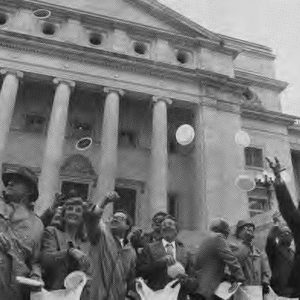 Brownie Ledbetter
Brownie Ledbetter
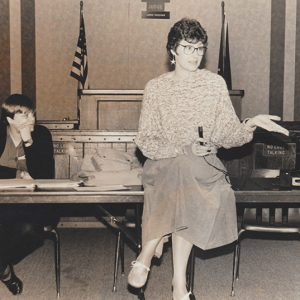 Brownie Ledbetter
Brownie Ledbetter
Ledbetter, Mary Brown “Brownie” Williams
LGBTQ+ Movement
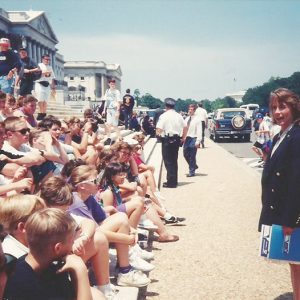 Lincoln with Students
Lincoln with Students
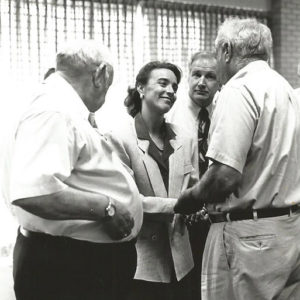 Blanche Lincoln
Blanche Lincoln
Lincoln, Blanche Lambert
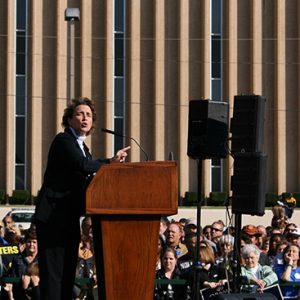 Blanche Lincoln
Blanche Lincoln
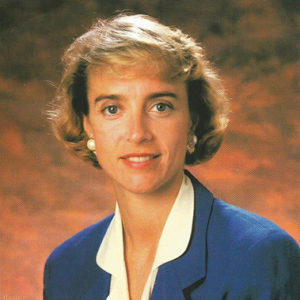 Blanche Lambert Campaign
Blanche Lambert Campaign




